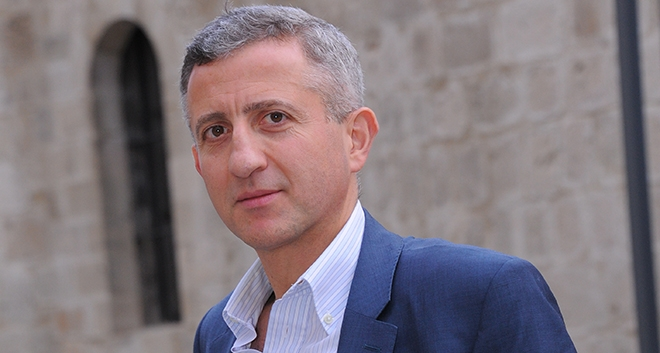A Positive Power Signal
16:12 - 11 Οκτωβρίου 2016

We were recently ‘shocked’ by the eleventh-hour announcement that the otherwise imminent decision on developing a third nuclear power station at Hinckley Point would be delayed. This has been interpreted in a number of ways that are unflattering about the United Kingdom’s economic future. Some have spun the news of a postponement to complain that ‘post-Brexit’ Britain has become ‘unwelcoming of outside investment’ and, more specifically, less indisposed to capital from China, thus threatening the anticipated ‘Golden Age’ of Anglo-Sino economic engagement. One individual to express such a criticism has been Sir Vince Cable, who, significantly, had been Business Secretary during the 2010-15 coalition Government which entered into a Strategic Investment Agreement with China to fund three new UK nuclear power plants (one of which was to be Hinckley Point C, another Sizewell C). Cable further suggested that the new Prime Minister (and formally Home Secretary) was uncomfortable with heavy levels of Chinese investment into Britain.
Now, it is nonsense to see the delay as anything other than a welcome sign that good sense has returned to Government thinking. As it stood, the deal with EDF (for the most part French state-owned), the owner since 2009 of British Energy and the technical and practical partner to China’s capital, was onerous to the UK Exchequer and to UK energy users. The 2012 pre-commitment to a fixed ‘strike’ price of £95 per Mw/h – with inflation indexation – over such a protracted period (35 years) for the nuclear energy produced by EDF was a mockery of commercial and financial good sense, market prices being little more than half that since 2015. It is instructive that Jim Ratcliffe, the Chairman and Chief Executive of the chemical group Ineos recently agreed a deal for nuclear power in France at £40 per MWh, and was quoted in reference to Hinckley Point C, “Forget it. Nobody in manufacturing is going to go near £95 per Mwh”.
This is all the more important since Mr Ratcliffe is “reshoring” himself and his firm to the UK, six years after having left for Switzerland, as well as announcing that his company wishes to invest heavily in on-shore shale gas exploration and is hoping to restart UK production of the Land Rover Defender. In fact, since the referendum, the UK has seen businesses across multiple sectors commit themselves to investing here: Boeing, Siemens, Amazon, Wells Fargo, McDonalds et al. And all will no doubt agree with Jim Ratcliffe’s assessment that the EDF Hinckley C deal requires a reboot.
We should not see the delay in Sizewell C as a sign the UK is now closed to cooperation in infrastructure deals with overseas investors and operators, and most definitely not China. Instead, it should be viewed as the new UK Government being awake and wide-eyed to what is the best deal for its taxpayers and energy users. After all, Gilt yields have compressed markedly enough to allow us to fund such deals with ever more affordable international capital. Energy prices, too, have fallen from levels when the Hinckley deal was first drafted. Rather than see the Hinkley Point C delay as negative we should view it as a powerfully positive signal.
The reality is that we should not be rushing into hasty decisions in the wake of the referendum result. This means no rush on deciding the metrics undermining new nuclear capacity, nor on the base rate, nor to the triggering of Article 50 or a premature announcement on how our immigration policy will work once we have invoked Article 50 and then formally left the Single Labour Market. After all, the best way of exercising power is to hold much of it in reserve. Sadly, the Bank of England’s Monetary Policy Committee does not believe in such reasoned patience, stimulating an economy in no real need of it.






